Art in support of the fight against torture
Torture is one of the worst crimes there is. It’s a negation of our humanity. It does irreparable damage to victims – and yet, although banned in law both nationally and internationally, torture is still widely practised throughout the world.
Who are we?
Artists Against Torture is a Swiss non-profit association composed of members on a voluntary basis.
Executive Committee

Kristen Knupp
ACT Co-President
Art Vista Magazine and KPK Contemporary Art
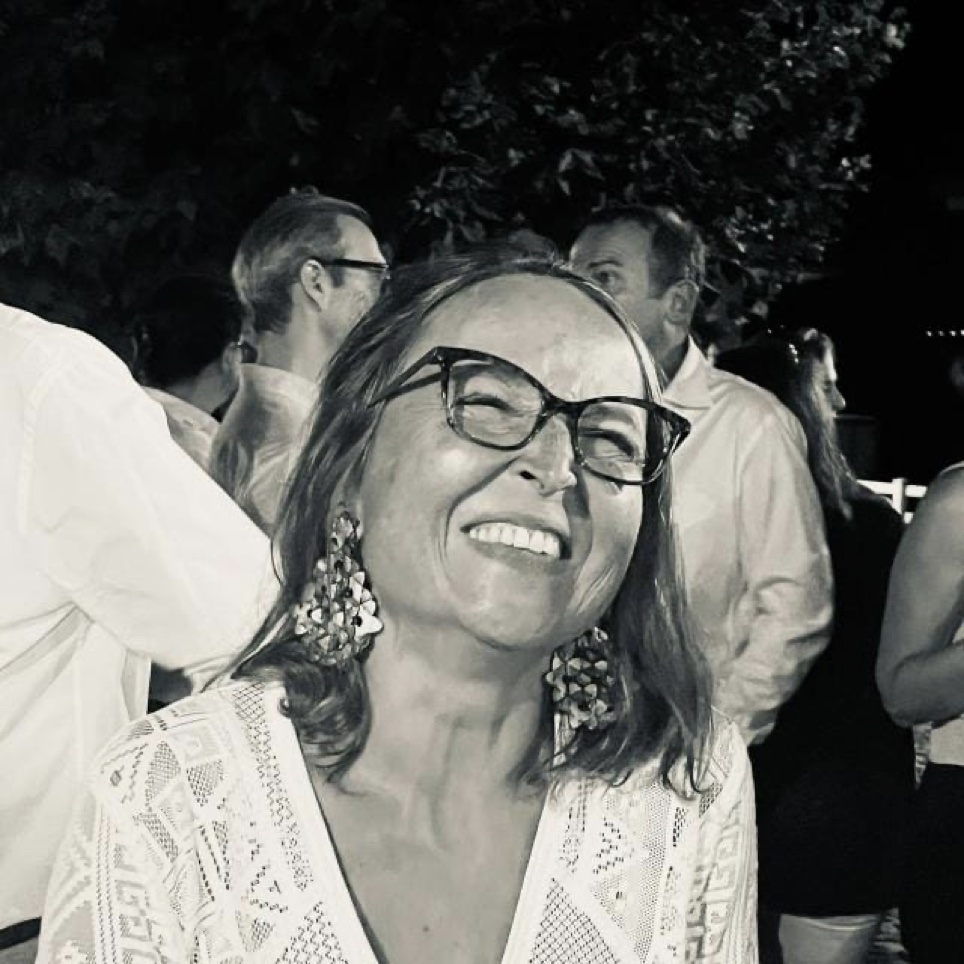
Laurence Collins
ACT Co-President. Active member of the Comité des Amis, Centre d’Art Contemporain, Genève. Interface between the Comité and partners of the CAC. Founding member of the Amusen project, a proposed museum for children which involves concept development, fundraising, and private and public partnerships.
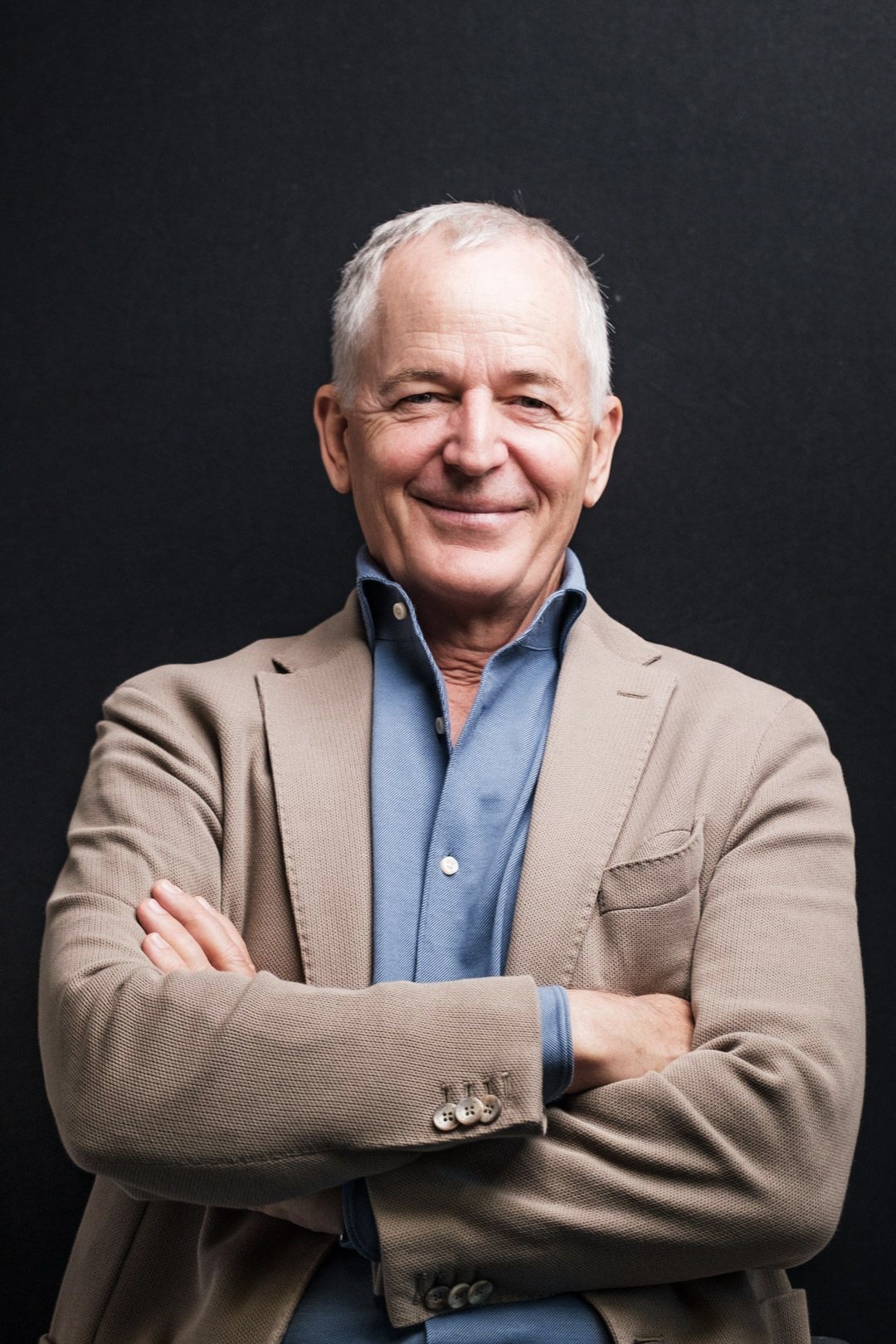
Mark Thomson
Adviser on measures to prevent torture and other ill-treatment. Joint Chairperson of Mendez Principles Steering Group on non-coercive interrogation. Former Secretary General of APT.
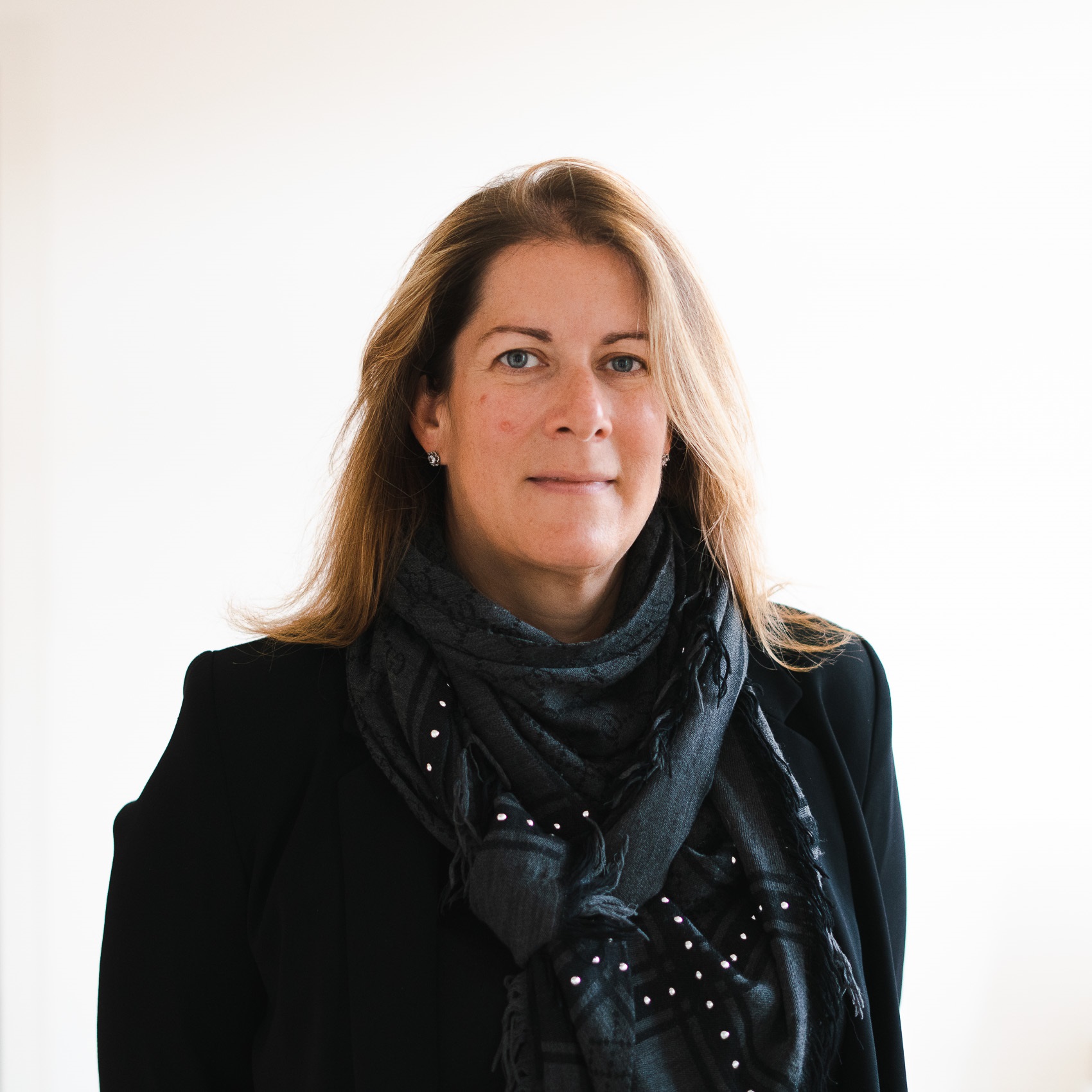
Sophie Courvoisier
General Director of Alzheimer Geneva, co-president of Licra Geneva, member of several foundation boards relating to seniors.
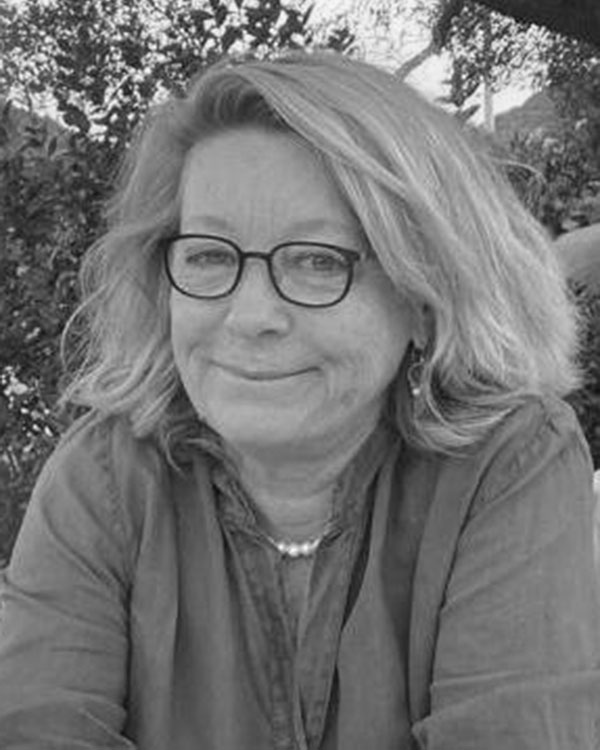
Ottavia Maurice
ACT Advisor
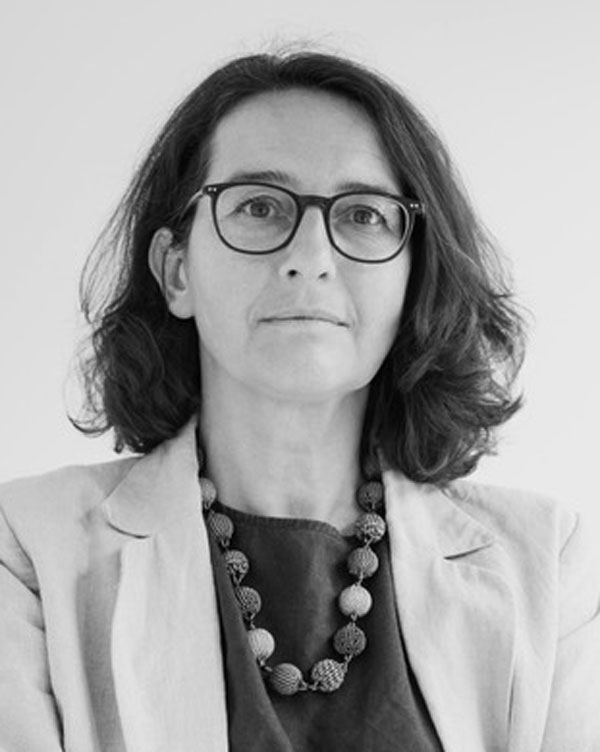
Barbara Bernath
Secretary General
Association for the Prevention of Torture
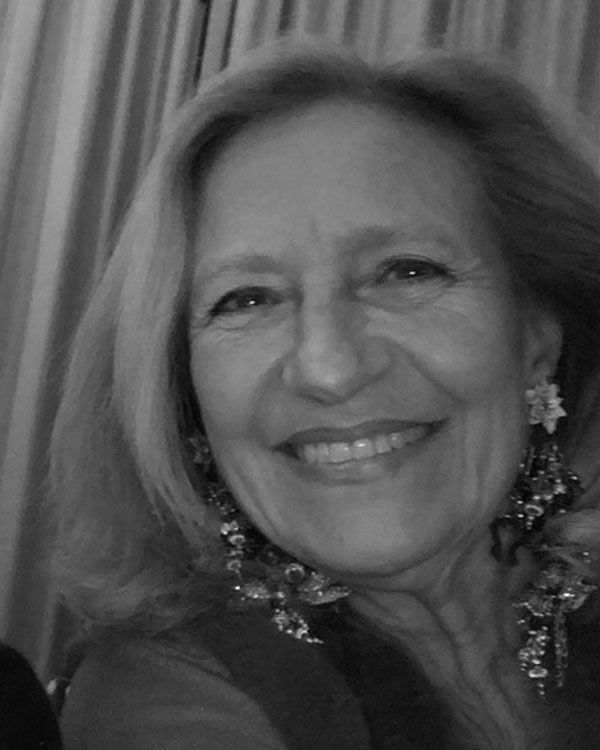
Chantal Bernheim
Media Consultant
Former Director of International Relations at RTS
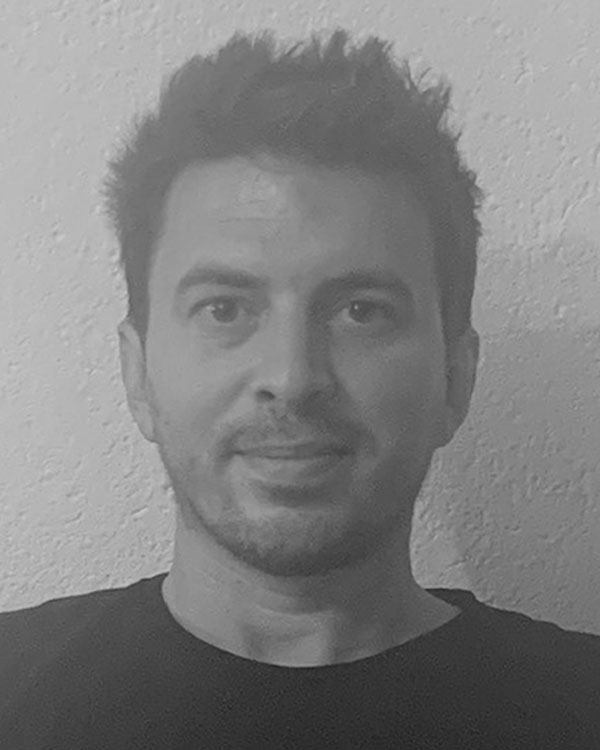
Romain Zappella
Partnerships and Philanthropy Specialist
International Committee of the Red Cross
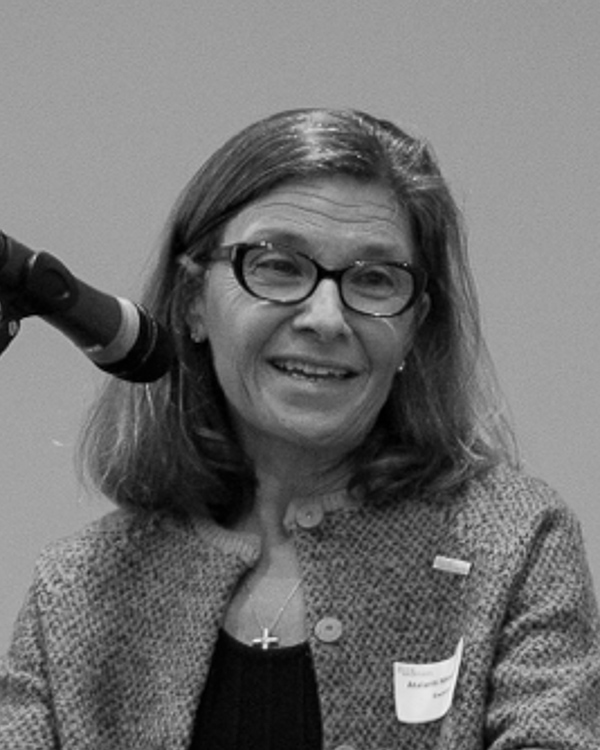
Atalanti Moquette
Independent Philanthropist and Art Historian
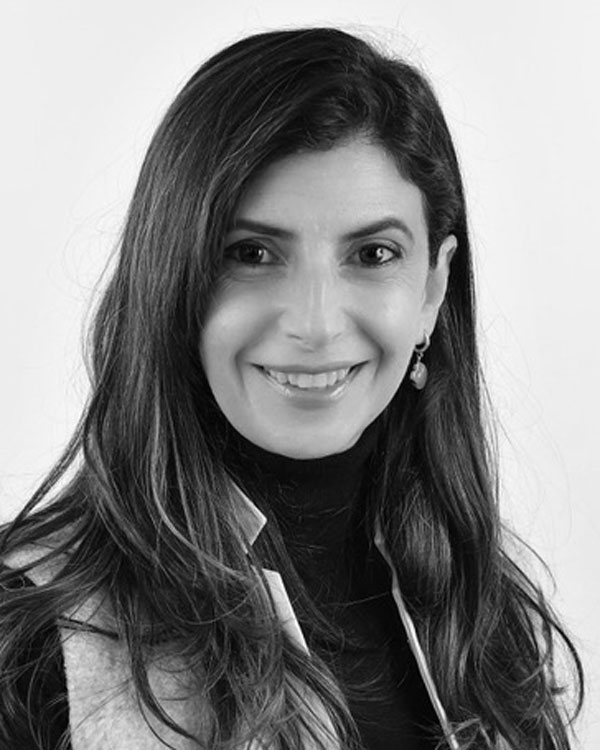
Raheek Ador
Specialist in fundraising and resource mobilisation, drawing on over 20 years of experience working with the international organisations.
Board member of several organisations promoting the right to education for women and girls in the Middle East.
Curatorial Committee
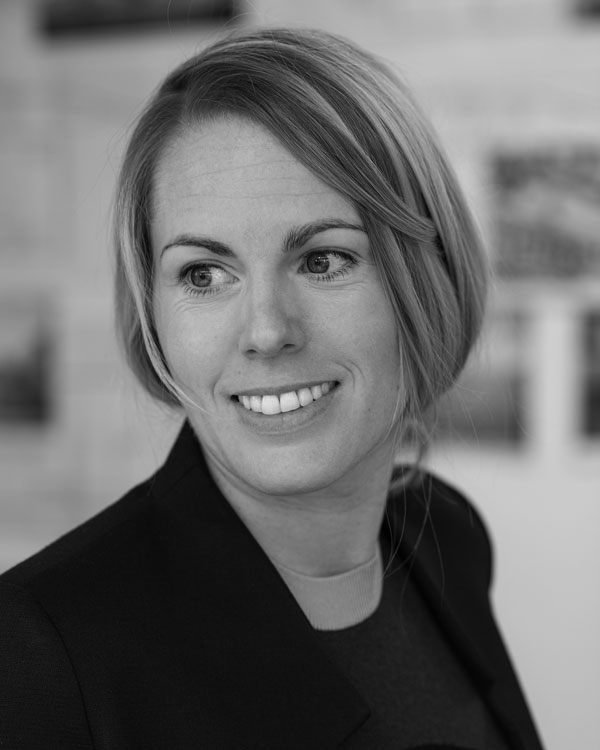
Tatyana Franck
Specialist in modern and contemporary art and photography.
President of the French Institute Alliance Française in New York.
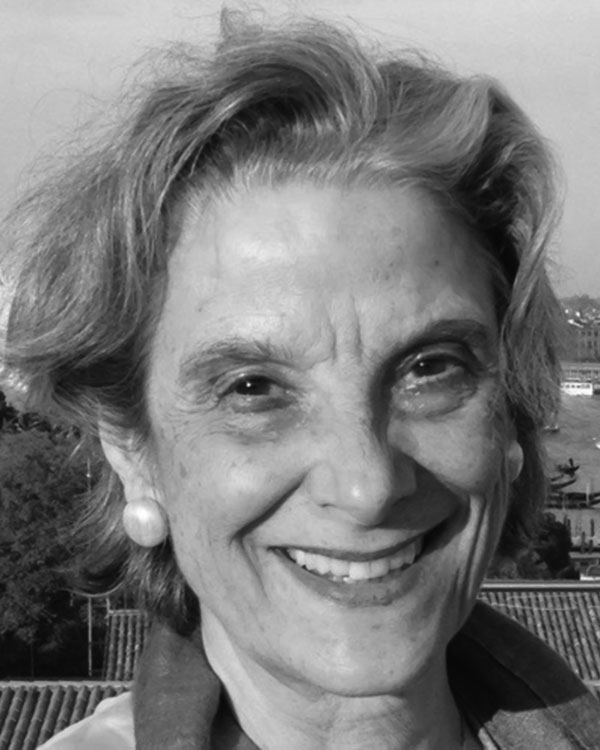
Jacqueline Burckhardt
Art historian, restorer, critic, curator and consultant.
Co-founder and editor of Parkett magazine.

Simon Lamunière
Artist and curator, teacher and consultant.
Director of the Open House project
Our Partners
ICRC
Established in 1863, the ICRC is at the origin of the Geneva Conventions and the International Red Cross and Red Crescent Movement. It directs and coordinates the international activities conducted by the Movement in armed conflicts and other situations of violence.
The ICRC (International Committee of the Red Cross) is an impartial, neutral and independent organization whose exclusively humanitarian mission is to protect the lives and dignity of victims of armed conflict and other situations of violence and to provide them with assistance.
The ICRC also endeavours to prevent suffering by promoting and strengthening humanitarian law and universal humanitarian principles.
One of the ICRC’s main activities is to ensure humane conditions of detention and treatment for all persons deprived of their liberty, regardless of the reasons for their arrest and detention. ICRC delegates also work to alleviate the suffering of their families, in particular by restoring communication between detainees and their relatives.
APT
The APT (Association for the Prevention of Torture) was founded in 1977. A non- governmental human rights organization based in Geneva, it works throughout the world to reduce the risk of torture and ill treatment.
The APT has succeeded in persuading countries – first in Europe, and then all over the world – to adopt and implement international conventions enshrining the principle whereby places of detention must be independently monitored.
The APT provides support, training and advice to national institutions that regularly visit all places of detention in 74 countries.
The APT also takes steps to ensure that governments give better protection to people liable to be especially vulnerable when confronted by officials in the justice system such as police, judges, prison wardens, etc. – people who include women, children, members of the LGBTI community, migrants and people from minorities who suffer discrimination.
Finally, the APT mobilizes new arguments and voices for the prevention of torture, and was already supported by contemporary artists in 1993.